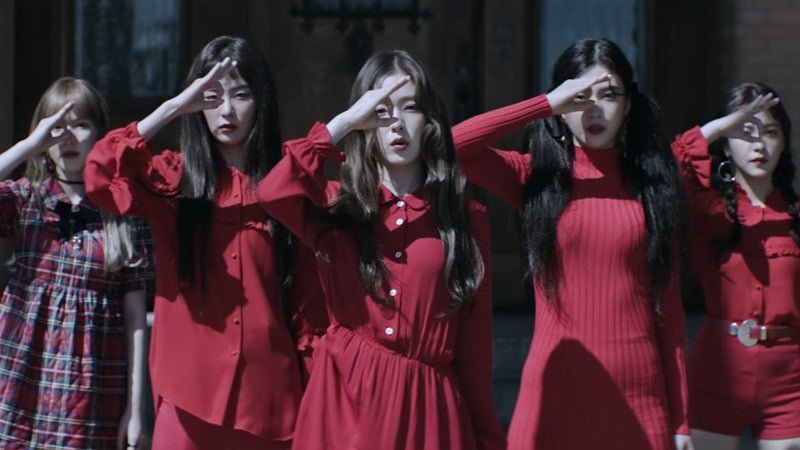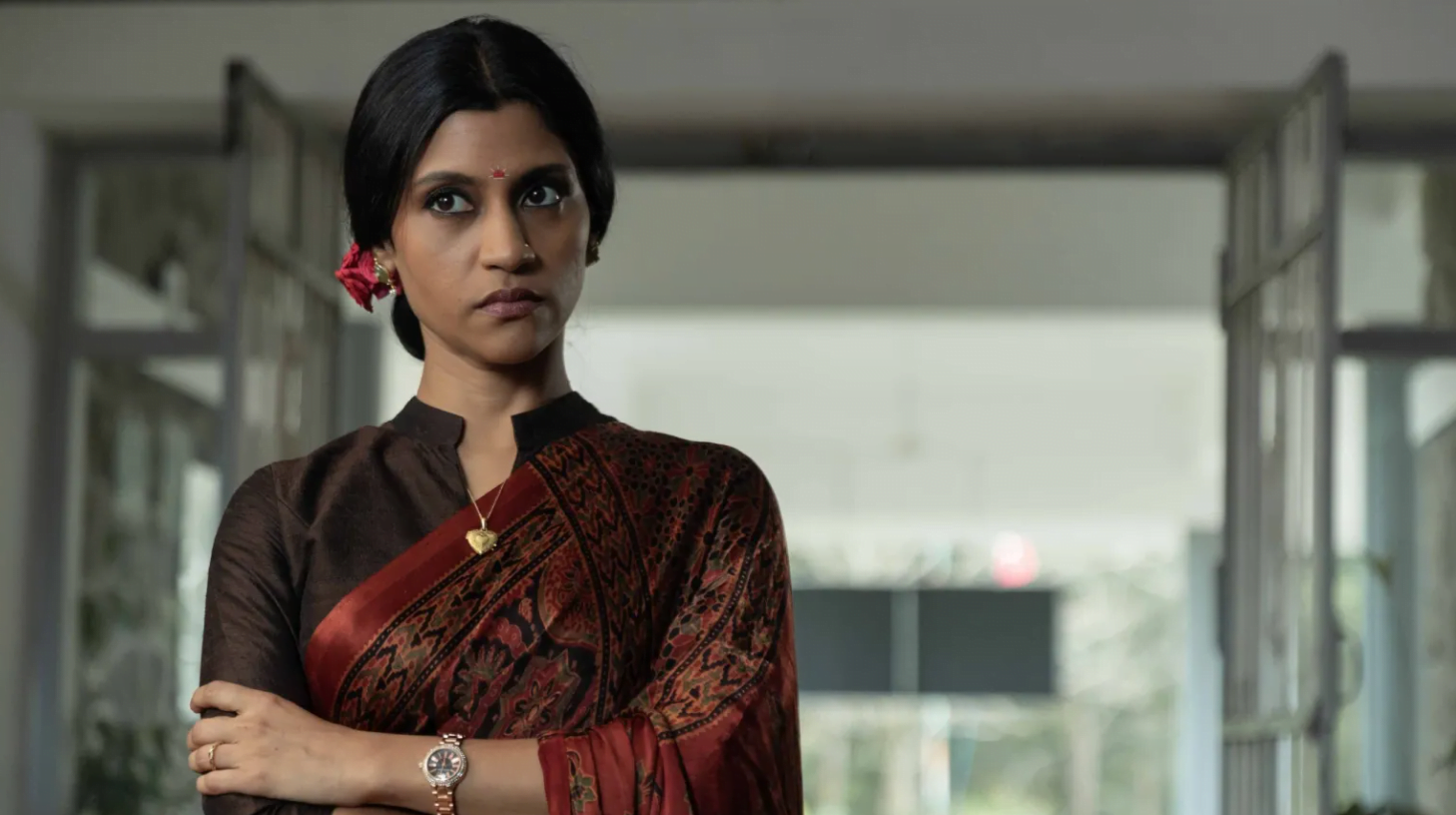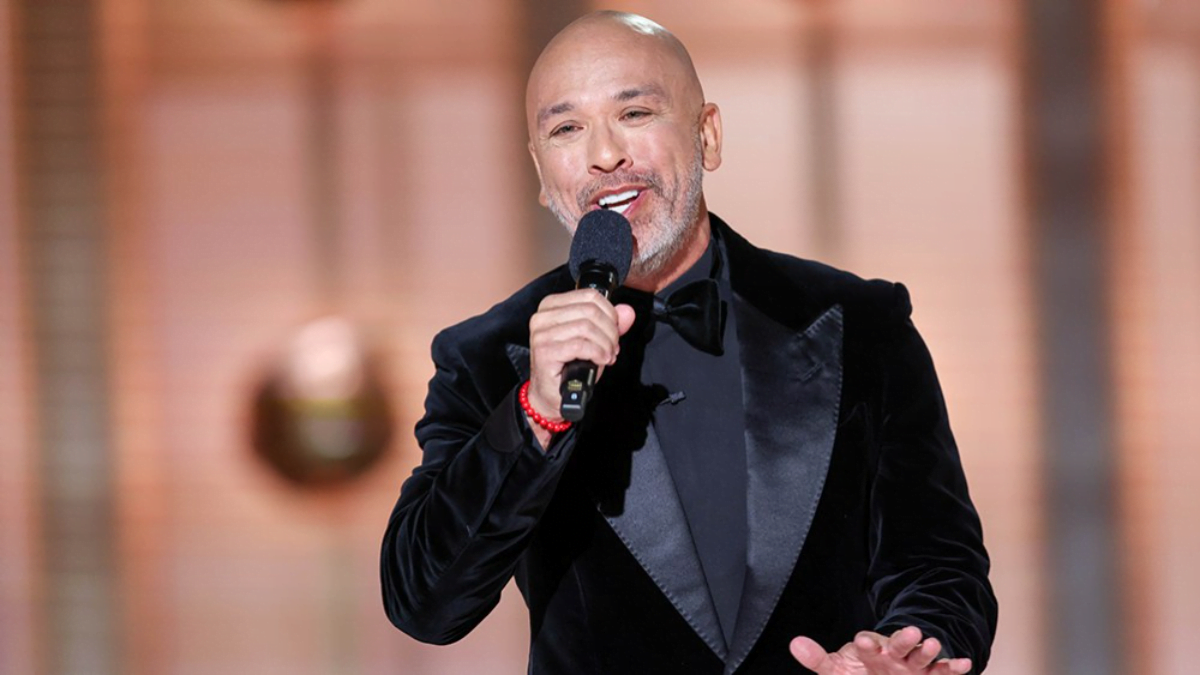The performing arts abound discrimination and inequities on the basis of gender. When cultural norms are superimposed onto an already imbalanced field, greater inequities spring up. Korean Pop or K-pop is also one such arena where differential expectations from male and female idols are widespread. The popularity of K-pop groups and solo singers rests on their ability to fit into the moulds of what constitutes appropriate behaviour for men and women. Also the term ‘K-pop idol’ offers insight into the way the performers themselves are perceived. They are an idol’ for their fans and therefore must exhibit model behaviour, especially within the gender roles assigned to them.
They are an idol for their fans and therefore must exhibit model behaviour, especially within the gender roles assigned to them.
The girl-crush concept is a popular one for any girl group debuting into the industry. It establishes a girl-next-door image for the members and makes them accessible to the male gaze. Their Lolita-esque voices and outfits may look out of place on adult women but South Korea (and neighbouring Japan) is a big market for the look. When a girl group experiments with their sound or appropriates concepts reserved implicitly for male performers, they may not be received well initially.
Also read: How Music Promotes Misogyny & Gender-Based Violence
Girls’ Generation released Run Devil Run in 2010, while Miss A debuted with Bad Girl Good Girl in the same year. Both songs were big hits despite the stereotypes surrounding what girl groups’ music must sound like. But these concepts are also wrapped up and packaged in very feminine ways. Run Devil Run’s album cover is a woman’s silhouette in high heels. The outfits worn by the singers continue to be skirts or leggings with high heels.
The Performance Aspect
It is has become normal for girl groups to do make their concepts progressively sexual if when they don’t do well as was the case with Stellar. Male idols, too, strip in their music videos (for example TVXQ or Monsta X) but a majority of them are not obliged to. They are usually covered from head to toe during their performances without any change in their popularity levels. The ‘sexy’ concept remains reserved for women. The root of this sexualising lies in the very discrete fanbases that male and female groups wish to create.
The performance aspect of K-pop calls for elaborate choreographies, which are once again an example of the distinct expectations from men and women. Male groups usually have a strong choreography, with intricate and strenuous movements. Girl groups on the other hand, limited by their stilettos and skirts, have to make do with very ‘feminine’ and hence choreographies with constricted movements. Fans then crib about the same old choreographies that female idols deliver while enjoying their skimpy outfits at the same time. The ripping of pants when male idols perform is a common phenomenon that is later laughed about. If a female idol were the victim of the same outfit malfunction, the Naver homepage would not be as kind.
Age, Weight and Everything in Between
Age is a prickly topic in South Korea. It is compulsory for men to have conscripted into the army for their mandatory military service before the age of thirty. This entails that most male groups have members leaving temporarily before the end of their contracts. This is a bone of contention between fans of boy and girl groups. The latter have no such limitation and can promote for as long as they want. This puts extra pressure on ‘girl’ groups nearing the age of thirty to perform better. Thirty is considered old in the K-pop world and hence there are hardly any girl groups that extend their contracts beyond the seven/ten year period. Powerhouse groups such as 2Ne1, 4Minute and Sistar have all disbanded before reaching their tenth anniversary of debut.
Their Lolita-esque voices and outfits may look out of place on adult women but South Korea (and neighbouring Japan) is a big market for the look.
Irene from Red Velvet also receives flak for having debuted late. The 27-year old is as old as some of the members of the eleven-year old Girls’ Generation, whereas Red Velvet celebrated just their fourth anniversary this year. Red Velvet’s label-mates, on the other hand, such as Super Junior and TVXQ are well beyond the age of 35 and are still considered popular. These unequal planes that boy and girl groups have to operate on reflect in the latter’s earnings. Boy groups hold the most lucrative concerts and they are also the ones who sell most physical albums, generating more revenue for their companies.
The ‘Knets’ or Korean ‘netizens’ also monitor the weight of female idols. GFriend’s Umji was under the scanner for being supposedly overweight. Different standards apply to men and women in this respect as well. Super Junior’s Shindong has not really been criticized for being overweight despite being in the industry for over thirteen year. Weight is a touchy topic that holds great value in conventional Korean beauty standards and has a stranglehold over the way female idols carry themselves.
Also read: Why We Need To Rethink Our ‘Criticism’ Of BTS And K-Pop
Despite the blatant unfairness of expectations between male and girl groups, there are instances when entertainment companies field an unconventional member in their groups. They cause a buzz for their blurred gender images. Amber from f(x) and Ren from Nuest are such members who have large fanbases of themselves. Their androgynous look protects them, in a way, from the standards applied to the rest of the industry. Why then must the industry still remain unchanging in their acceptance of girl groups and the versatility that they can provide if not for the expectations attached to them.
Featured Image Source: Soompi




